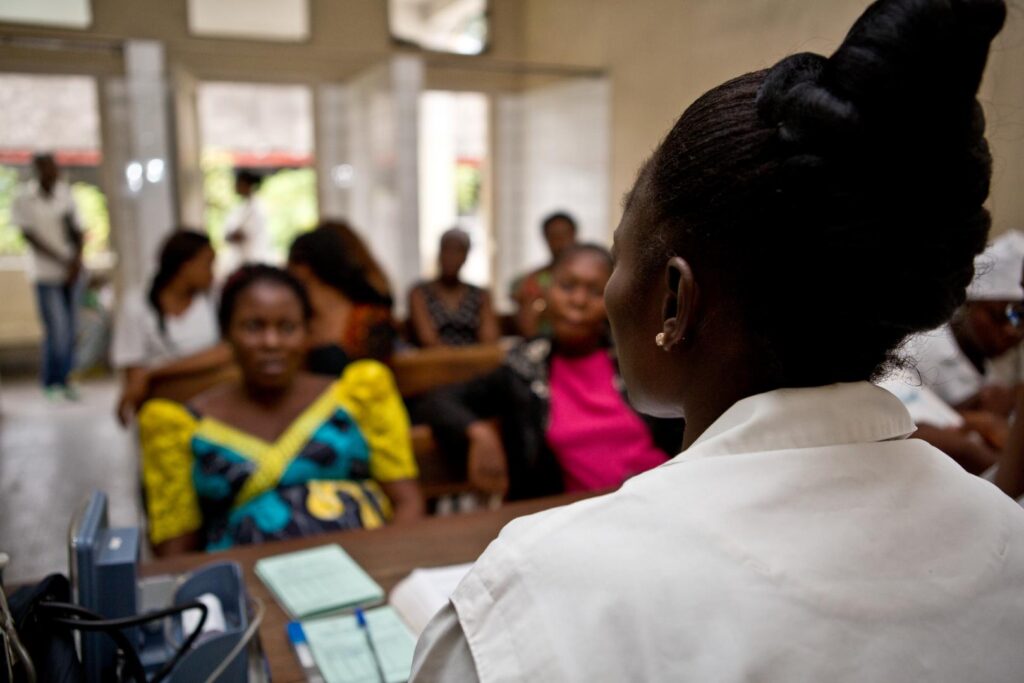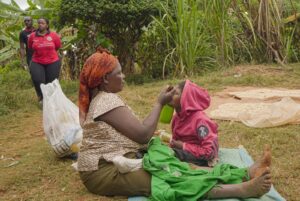The Impact of Trauma on Education
Nairobi – During her tenure as a chemistry teacher, Dr. Gladys Mwiti noticed a troubling trend: her students’ performance was faltering. She discovered that their underachievement was largely due to unresolved trauma from poverty, domestic violence, and abuse. Now a trained psychologist, Dr. Mwiti leads an organization dedicated to providing mental health care in Kenya. She highlights the barriers to accessing mental health services and how to support those in need, particularly in underserved communities.
The Importance of Mental Health Services

“Mental health services are critical because they complete the picture of an individual’s well-being,” says Dr. Mwiti. “We often focus on physical health, economic health, and spiritual health, but neglect mental health. This neglect results in a ‘limp’ in a person’s life.” Awareness of mental health has grown over the years, evolving from minimal training to numerous universities offering psychology programs.
Barriers to Mental Health Care
Dr. Mwiti points to poor diagnosis and lack of service provision as major barriers. “Despite the significant need, Kenya has only 100 psychiatrists. Although there are no official figures, I estimate there are at least 400 psychologists. However, because psychology is not yet recognized as a crucial field, practitioners struggle to connect with those who need help,” she explains. “Psychologists, who focus on prevention, are often underemployed and end up volunteering. Meanwhile, rehabilitation centers are run by psychiatrists trained in mental illness, leaving psychologists’ preventive skills underutilized.”
Common Mental Health Challenges
Mental health issues in Kenya are varied and widespread. “Many people suffer from insomnia, poor work performance, strained relationships, stress, abuse, and domestic violence. Our trauma center sees numerous psychological trauma cases,” says Dr. Mwiti. “COVID-19 has exacerbated anxiety, isolation, depression, violence, and sexual abuse. Adolescent pregnancy rates have increased, and economic conditions have worsened. Unaddressed trauma can lead to physical illness and addiction, compounded by stigma and shame.”
Community-Based Solutions
Dr. Mwiti advocates for community-based mental health care. “I developed a ‘funnel’ model that empowers communities, especially after calamities. We start with broad community psychoeducation and narrow down to specific issues. Trained psychologists collaborate with local counselors using the WHO’s task-shifting model, enabling multidisciplinary teams to address trauma within their communities. This reduces stigma and fosters mutual support during crises.”
She emphasizes the need for at least one psychologist in every community and hopes Kenya will adopt the task-shifting model to mobilize skilled individuals effectively. “Development organizations must recognize and fund mental health, acknowledging the trauma associated with poor access to basic needs like water and food. Mental health must be taken as seriously as physical health,” Dr. Mwiti concludes.





More Stories
Parents Must Embrace and Support Their Disabled Children
Kenya Cardiac Society to Host 41st Annual Scientific Congress in Mombasa
Tackling National Health Crises: The Role of the Private Sector in Kenya